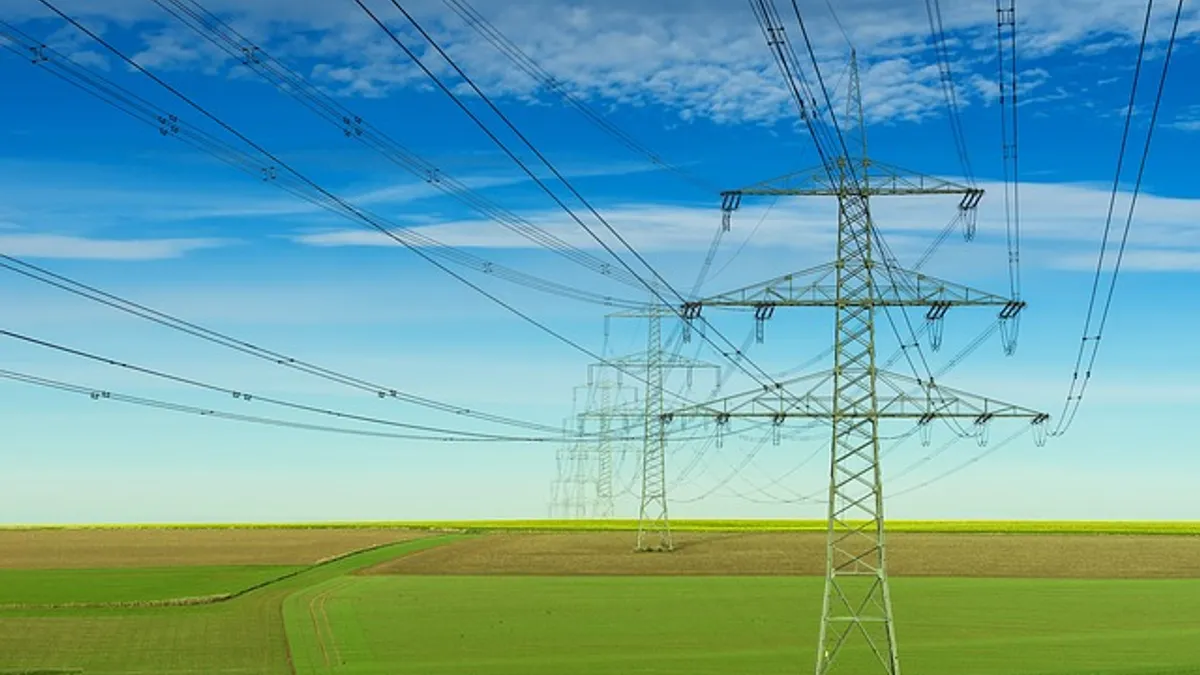It’s been 20 years since the first retail power markets opened under deregulation, allowing consumers in those markets to choose their energy supplier. What effect has that had on U.S. retail energy markets through today? Direct Energy Business President John Schultz recently offered an update.
As it currently stands, the scorecard on retail markets is mixed.
Some states are focusing on how competition impacts low income and vulnerable homeowners.
“They want to make sure those individuals are truly benefiting from competition and that the propositions and products are offering them something that’s differentiated from the utility,” Schultz remarks. “As well as they’re looking at industry sales practices and making sure those meet standards. Both of those are things Direct Energy supports and are actively participating in dialoguing many of those states.”
On the business side, the scorecard is a bit clearer. In fact, there is almost universal agreement that businesses are benefiting from the competition. In states with retail energy competition, businesses are participating at a rate of almost 80 percent. Purchasing energy from a retail supplier is helping organizations manage their budgets and insulate from market volatility.
Expanding Markets
Today we’re seeing promising signs of continuing retail market expansion.
“California just passed a Senate bill where they’re going to expand the amount of retail choice for business customers in California this year by about 4 terawatt hours,” Schultz says. “So that’s a meaningful increase in participation.”
Importantly, part of the California bill ordered the public utility commission to consider development plans for full retail competition by 2020.
“That’s really encouraging. That’s a big market that we’re pretty excited about the potential of,” Schultz notes.
Another state looking into expansion is Nevada, where a referendum was recently passed once, but needed a second affirmative vote to become a state law. The second vote came up short in the midterm election, leaving the Nevada energy market at status quo for now.
“If it had passed the second time, Nevada would have been the first state to open up retail competition in quite some time,” Schultz remarks. “Regardless of the recent setback, Nevada is a market many energy companies will continue to watch closely.”
Finally, Virginia recently passed an order that is a big win for business energy buyers. Organizations can now aggregate up to five megawatts of their load to purchase renewable energy from a non-utility supplier without being subject to the five-year ban on utility service. Before it was passed, the order was met with strong opposition that took it to the highest court in the state. Direct Energy pursued clarity around these shopping rules on behalf of current and prospective customers, and helped to drive the pro-market interpretation that the court upheld.
“The dominant utility in the state, Dominion Energy, challenged this ruling at the Virginia Supreme Court, but we were successful. I’m really pleased and proud of the role we played there to help open up that market.”
Learn about energy solutions for your commercial and industrial operation online, or call 855-399-9741 to get a customized quote.










